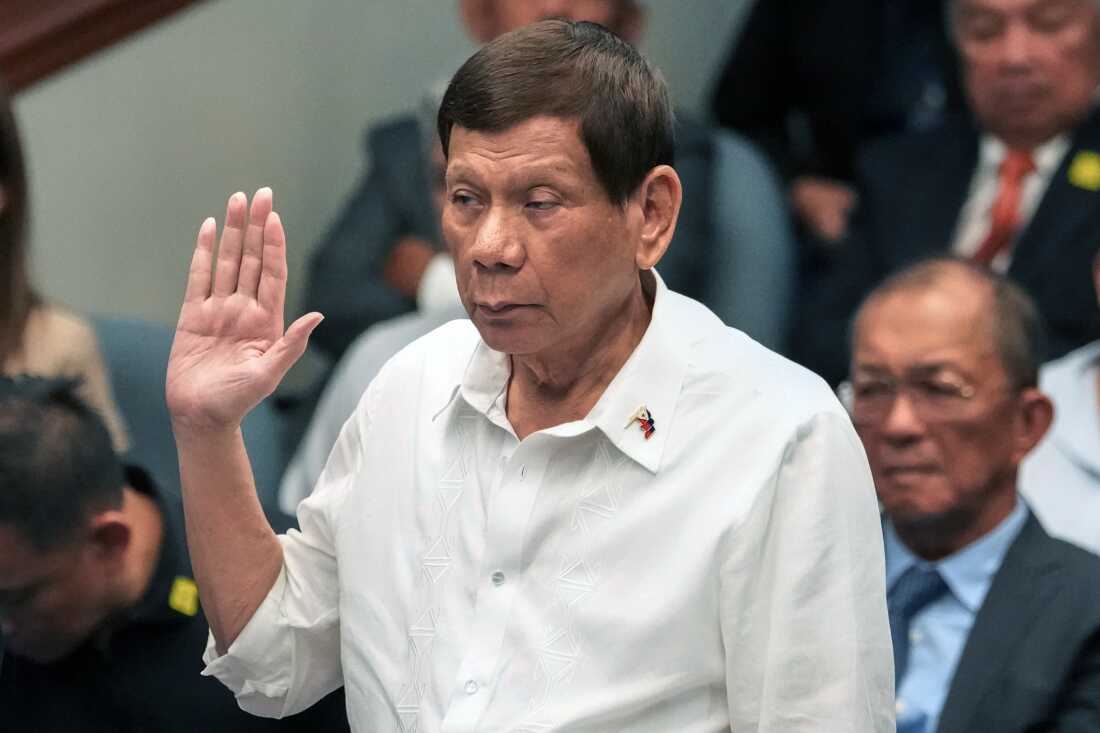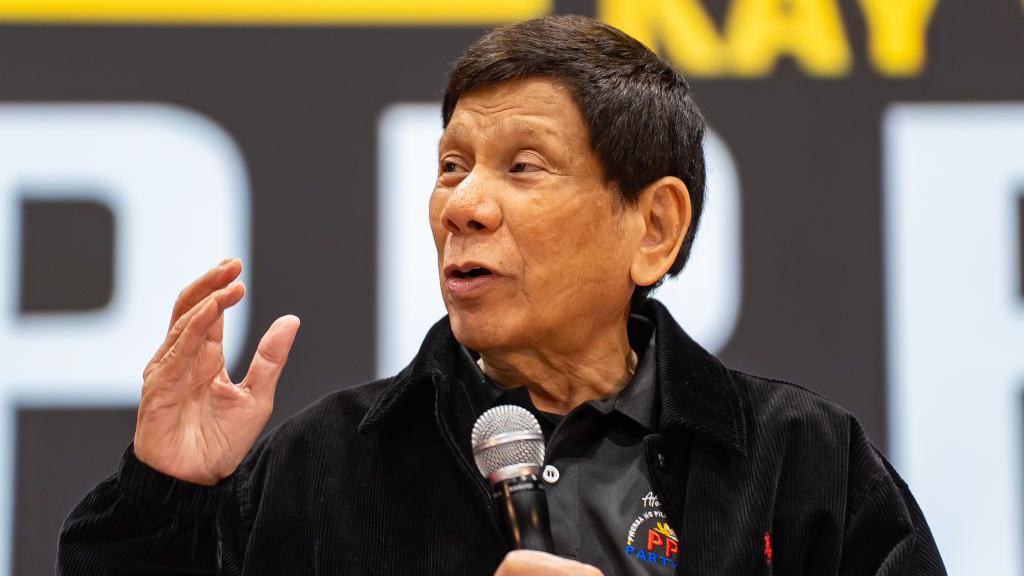The police in the Philippines arrested former President Rodrigo Duterte on Tuesday, acting on charges of crimes against humanity under a warrant issued by the International Criminal Court (ICC).
During his time in office, Mr. Duterte openly encouraged law enforcement to target and kill individuals suspected of involvement in the illegal drug trade. Human rights organizations estimate that over 30,000 people were killed in extrajudicial executions.
His arrest marks a major victory for the ICC, an independent judicial body based in The Hague that prosecutes individuals accused of genocide, war crimes, crimes against humanity, and acts of aggression.
However, Mr. Duterte’s detention also highlights the limitations of the court’s reach. Despite its broad jurisdiction, the ICC lacks the power to enforce arrests on its own, relying instead on national governments to carry out its warrants. This dependence makes the court vulnerable to the shifting dynamics of domestic politics.
A Rare ICC Arrest Amid Challenges
Mr. Duterte’s arrest was made possible by his weakened political standing and the fact that he was no longer in office. In contrast, it remains highly unlikely that the ICC’s arrest warrants for Russian President Vladimir V. Putin or Israeli Prime Minister Benjamin Netanyahu will be executed in the near future.
On paper, the ICC has the authority to issue arrest warrants for any individual accused of crimes covered by the Rome Statute, the 1998 treaty that established the court.
The statute applies to nationals of ICC member states or to those who commit crimes within the territory of a member state. The court’s rules also strip sitting leaders of the usual immunity granted under international law.

In practice, however, the ICC faces significant obstacles in pursuing active political leaders or individuals under their protection.
Duterte’s Political Fallout Paved the Way
Mr. Duterte may have initially expected protection from his successor, President Ferdinand Marcos Jr., who at first pledged to shield him from international prosecution.
However, tensions within the Duterte family—particularly a rift between Mr. Duterte’s daughter, Vice President Sara Duterte, and Mr. Marcos—changed the political landscape.
Ms. Duterte’s dramatic falling out with Mr. Marcos escalated to the point where she publicly stated that she wanted to “cut Mr. Marcos’s head off” and even threatened to exhume the body of his late father and throw it into the ocean.
As their relationship soured, so did Mr. Duterte’s security from the ICC. President Marcos eventually allowed ICC investigators into the Philippines, paving the way for Mr. Duterte’s arrest.
Experts suggest that this unique political situation created a rare opportunity for the ICC to act.
“We can’t expect a new institution to substantially counteract the operation of power, or real entrenched interests of powerful actors,” said Kate Cronin-Furman, a professor at University College London specializing in accountability for mass atrocities.
“But what we do hope that they’ll do is adjust things along the margins, and over time shift things toward a more just world.”
She added, “In the absence of the ICC, Duterte probably happily lives out his life, responsible for the massacre of thousands.”
ICC Warrants Often Go Unenforced
Despite the success in Mr. Duterte’s case, most ICC arrest warrants remain unexecuted. Many of the court’s most prominent cases—including those against Mr. Putin and Mr. Netanyahu—have not led to arrests.
For political leaders targeted by the ICC, their positions of power often serve as protection against prosecution. However, as Mr. Duterte’s case demonstrates, the fear of losing such protection can create a strong incentive for leaders to remain in office for as long as possible.


